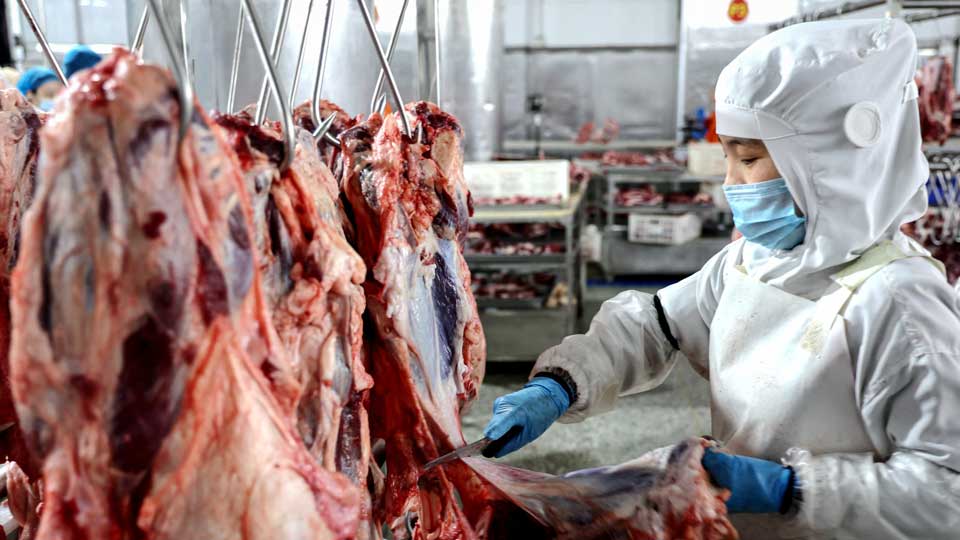China’s Ministry of Commerce has announced an extension of its investigation into the impact of beef imports on the domestic market, citing the case’s complexity and the high volume of stakeholder feedback. Initially launched in December 2024, the probe was scheduled to conclude in August 2025, but has now been extended to November 26, 2025.
The investigation comes amid mounting concerns from local industry associations that a surge in beef imports has significantly harmed Chinese producers. In recent years, beef prices in China have dropped sharply, driven by a combination of oversupply and weakening consumer demand. With the country’s economic growth slowing, meat consumption patterns have shifted, further straining the local beef sector.
At the same time, China has become a key destination for beef exporters such as Brazil, Argentina, and Australia, whose products have flooded the market. These countries rely heavily on the Chinese market, and any move toward trade restrictions could have serious implications for global beef exports.
According to the commerce ministry, the volume of information submitted by various stakeholders including exporting countries, livestock producers, and industry groups has been significant. “Due to the complexity of this case, the Ministry of Commerce has decided to extend the investigation period,” the ministry said in a statement on Wednesday.
Officials are now “carefully assessing” whether the current situation meets the criteria for implementing trade safeguards. This could include tariffs or quotas aimed at protecting the domestic industry from what it sees as harmful surges in imports.
The extension underscores the political and economic sensitivity of the issue. Balancing domestic agricultural stability with international trade commitments is a delicate task for Beijing, particularly as it navigates a broader slowdown in economic growth.
While the probe does not immediately change import policies, it sends a clear signal to global exporters that China is closely monitoring foreign agricultural inflows. Any eventual trade measures could ripple across international markets, highlighting China’s role as a pivotal player in global food and commodity dynamics.

